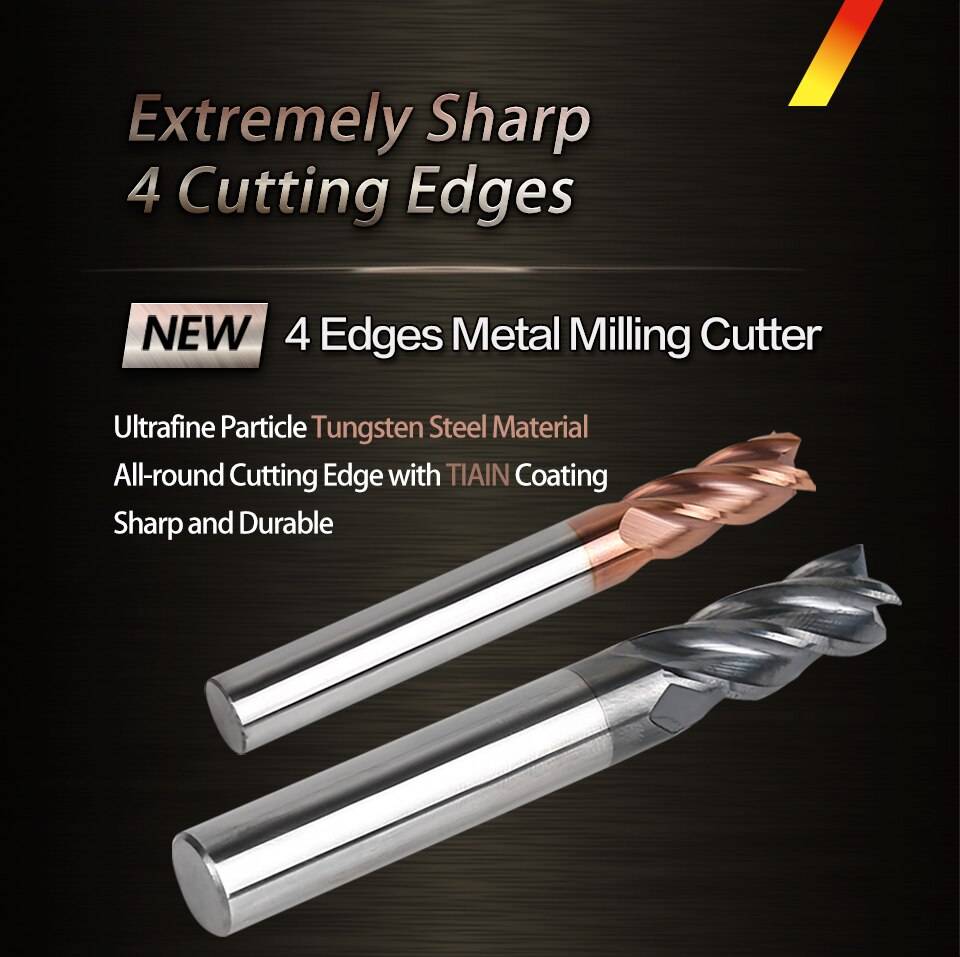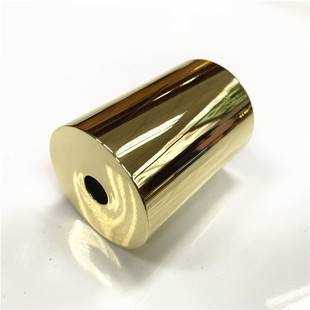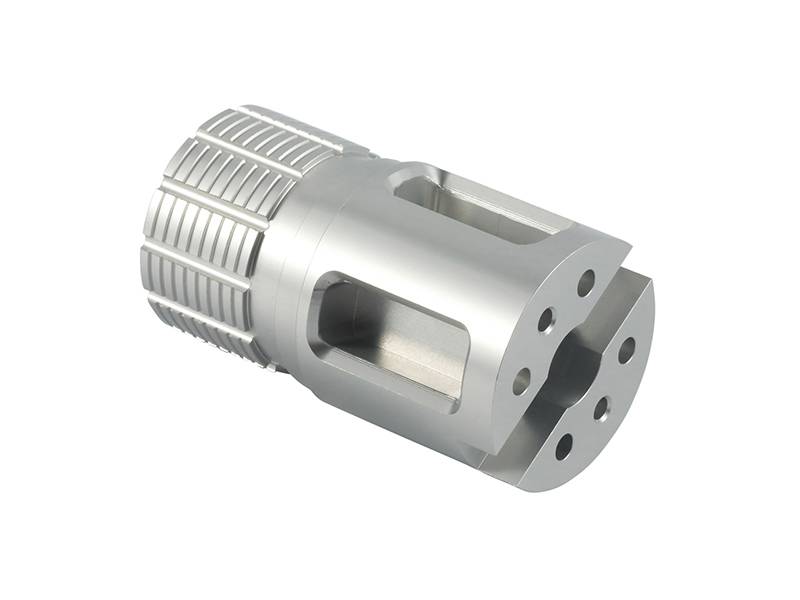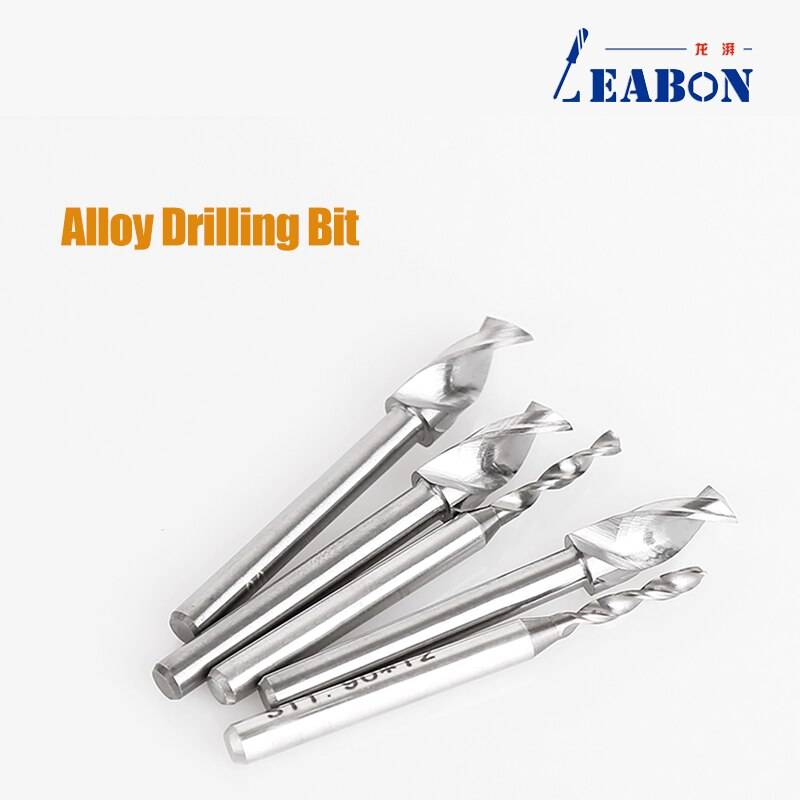Woodworking Accessories Tips
Turning of Aluminum Parts: A Complete Guide to Material Selection and Benefits
1. Aluminum Turning Parts
Aluminum is a lightweight yet durable material that is widely used for turning operations. Its properties make it ideal for a variety of applications.
- Key Properties: Lightweight, corrosion-resistant, and an excellent conductor of heat and electricity.
- Benefits: Aluminum is strong yet easy to machine, making it suitable for intricate designs. Its corrosion resistance makes it ideal for parts in harsh environments or exposed to moisture.
- Applications: Aluminum is commonly used for components in automotive, aerospace, and electronics industries.

2. CNC Turning Brass Components
Brass, an alloy of copper and zinc, is a popular choice due to its strength and machinability.
- Key Properties: Strong, ductile, corrosion-resistant, and highly machinable.
- Benefits: Brass is resistant to corrosion, making it ideal for parts exposed to water or chemicals. It also maintains its form under pressure.
- Applications: Brass is widely used in plumbing fittings, electrical connectors, and components exposed to wear and tear.

3. Stainless Steel Processing
Stainless steel, an alloy of iron, chromium, and nickel, is known for its durability and corrosion resistance.
- Key Properties: Strong, corrosion-resistant, and visually appealing.
- Benefits: Stainless steel resists rust and stains, making it ideal for high-demand and aesthetic applications. It’s also durable and strong.
- Applications: Stainless steel is commonly used in medical devices, kitchen equipment, and structural components requiring high strength and corrosion resistance.

4. Plastics Machining
Plastics offer a lightweight, cost-effective alternative to metals, with versatile properties suitable for many applications.
- Key Properties: Lightweight, durable, corrosion-resistant, and available in various colors.
- Benefits: Plastics are easy to machine, and they offer a wide range of color and design options. Their resistance to chemicals and moisture makes them ideal for specific industries.
- Applications: Plastics are used in electronics, automotive, and consumer goods, especially where weight is a critical factor.

Conclusion
Choosing the right material for turning parts is essential for achieving the desired performance, strength, and cost-effectiveness. Aluminum, brass, stainless steel, and plastics each offer distinct advantages depending on the application:
- Aluminum: Lightweight, corrosion-resistant, and ideal for complex designs.
- Brass: Strong, ductile, and corrosion-resistant, great for high-pressure parts.
- Stainless Steel: Strong and durable, perfect for parts requiring resistance to corrosion and a sleek appearance.
- Plastics: Lightweight and versatile, excellent for parts where color, weight, or electrical insulation is important.
